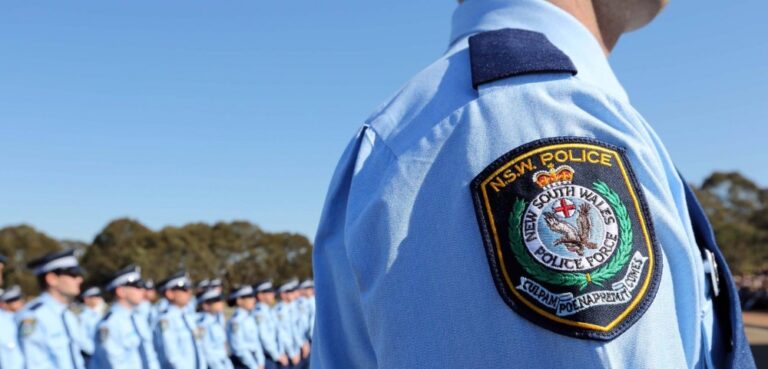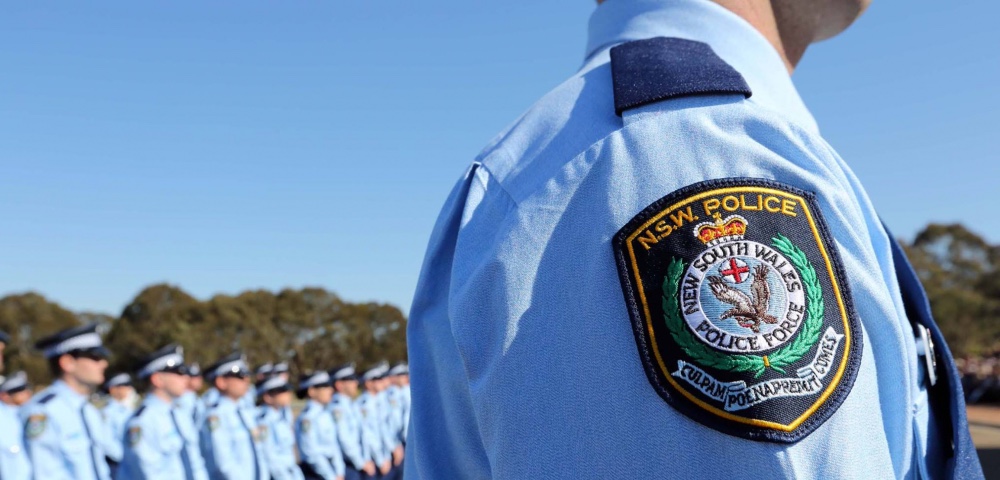
Cashless welfare trials ‘methodologically crap’, expert says
KENJI SATO
Sydneysiders will gather outside Town Hall this Saturday, 21st November, to protest against new cashless welfare debit cards that are set be trialled next year.
The ‘Healthy Welfare Card’ will contain 80 per cent of a welfare recipient’s income and cannot be used for gambling or alcohol.
The card was put forward by billionaire mining magnate Andrew Forrest, who said that the card would benefit Indigenous communities.
“Nothing destroys family and traditional culture quicker than despondency, dependency and poor lifestyles,” Mr Forrest said in the Forrest Review of Indigenous Jobs and Training.
“We need to make the necessary changes to Australia’s welfare system to empower individuals to use it as it was intended.”
“The advantages of the card are many and communities will enjoy the benefits of significantly reduced illicit drug and alcohol use and gambling activities.”
But JessieLee Peacock, Western Sydney resident and organiser of the ‘Say no to cashless welfare’ rally in Sydney, said that the card would be humiliating and paternalistic.
“We’re talking about families, people with disabilities, carers, homeowners, average everyday Australians being told they can’t manage their own money,” she told City Hub.
“Only a handful of welfare recipients have a problem managing their money. This card is designed to be rolled out across all of Australia for all welfare recipients and the government is using a particularly unsympathetic subgroup of people to push their agenda.”
Mrs Peacock, who cares for her heavily autistic son, told City Hub that the card would unfairly target people on disability support pensions.
“Why are people with disabilities being included in this? They can’t help being disabled. It goes against the disability discrimination act, and it is a serious human rights issue,” she said.
The card trials were approved with bipartisan support from the Federal parliament, and will be rolled out in Ceduna in South Australia, and Kununurra and Halls Creek in Western Australia.
The trials will last for 12 months, and if they are considered successful the cards will be implemented Australia-wide.
But Eva Cox, Professorial Fellow at the Jumbunna Indigenous House of Learning, told City Hub that the trials would not provide any evidence of the cards’ effectiveness.
“The trials are, if you excuse my language, methodologically crap,” she said.
“The cashless welfare cards will be distributed alongside other drug and alcohol prevention services, making it impossible to tell whether the card is making any difference at all. How are supposed to tell whether a drop in drug and alcohol abuse is because of the cards or because of the improved services?”
Professor Cox told City Hub that the trials were designed to make the card appear more effective than they actually are.
“Previous trials were unable to demonstrate the effectiveness of forced income management. We trialled a similar BasicsCard in the Northern Territory, and it restricted 50 per cent of a person’s income support payment. It was shown to be ineffective back then, and there is no evidence to suggest that raising the cash restriction to 80 per cent will make any difference.”
“This program plays on the racist stereotype that aboriginal Australians are irresponsible and unable to properly manage themselves. It will target everyone on benefits, even those who do not suffer from drug and alcohol abuse. “









